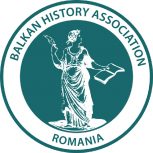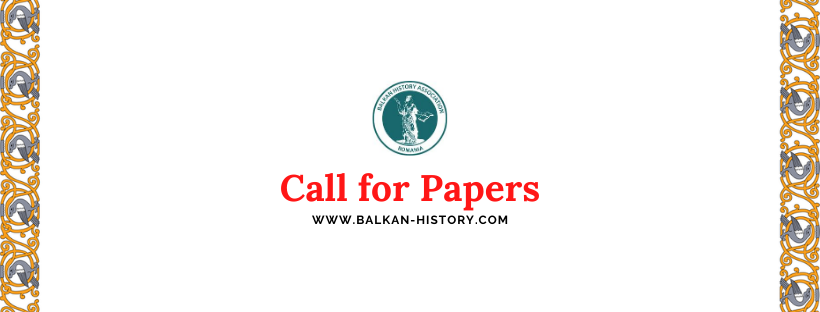The study of paramilitarism has advanced rapidly since Robert Gerwarth’s collaborative research project, to the extent that this branch of studies might almost be considered an independent scholarly discipline. The nation state, regional and comparative analyses, as well as particular case studies conducted so far provide a solid ground for the further conceptual considerations and strengthening of the analytical and interpretative validity of scholarly knowledge. We think the time has come for global scholarship to provide an overall assessment of the state of the art and to step towards integration of these particular studies founded on a general and globally applicable typology of paramilitarism.
The Balkan History Association and the Institute of History of the University of Hradec Králové (Czech Republic) invite scholars from all ranks (including doctoral students) to submit abstracts containing their own ideas in this regard. We propose that the typology should rely on the strict criteria related to the character and modus operandi of the particular paramilitary formation, such as follows: 1) degree of violence; 2) relationship to the state; 3) legal context (e.g. formal military acting as paramilitary and vice versa, conduct towards civilian population); 4) governance (economic aspect, recruitment, links to organized crime or terrorism) 5) ethnicity aspect (e.g. tolerant, intolerant, genocidal etc); 6) memory and legacy.
We encourage applicants to propose their own new criteria and typologies based on one criterion or a cluster of interrelated criteria. Moving beyond the typologies, our collective volume will attempt to provide reassessment of the existing body of knowledge, and a new theoretical conceptualization of the phenomenon. The focus of our inquiry will be placed on Southeast Europe, yet we would also like to include asymmetrical comparative perspectives with other European regions, as well as the Middle East and South America in particular.
Submission procedure
The volume will be published by Peter Lang (in the series “South-East European History”). Original manuscripts should be prepared following the editorial guide of Peter Lang available on its website, especially “Style Guidelines – British English” and “Submission Guidelines“. Manuscripts must not have been published, submitted for publication or available on the internet elsewhere. Interdisciplinary work is particularly welcome. Please submit your proposal, including the title of your manuscript, an abstract (up to 300 words), and an author’s biography (up to 100 words) to all editors. The abstract should include the research question and purpose, the approach and main ideas, and results. No figures, tables, footnotes, or endnotes should be included in the abstract. Articles should not exceed 8,000 words in length including footnotes and references (reference list or bibliography).
Deadlines
May 20, 2021: Submit proposals to editors
June 15, 2021: Notification of accepted proposals
November 25, 2021: Receipt of full studies for review
February 28, 2022: Revised studies re-submitted to editors
May 15, 2022: Approved studies delivered to publisher
Editors
Dmitar Tasić (Institute of History, University of Hradec Králové), dmitar.tasic@uhk.cz
Spiros Tsoutsoumpis (New Europe College, Bucharest), spyros_tsoutsoumpis@yahoo.com
Stevan Bozanich (Simon Fraser University, Canada), stevan_bozanich@sfu.ca
Aleksandar R. Miletić (Institute for Recent History of Serbia, Belgrade), armiletic@gmail.com
Please circulate this call for papers among your colleagues and other potentially interested scholars.


